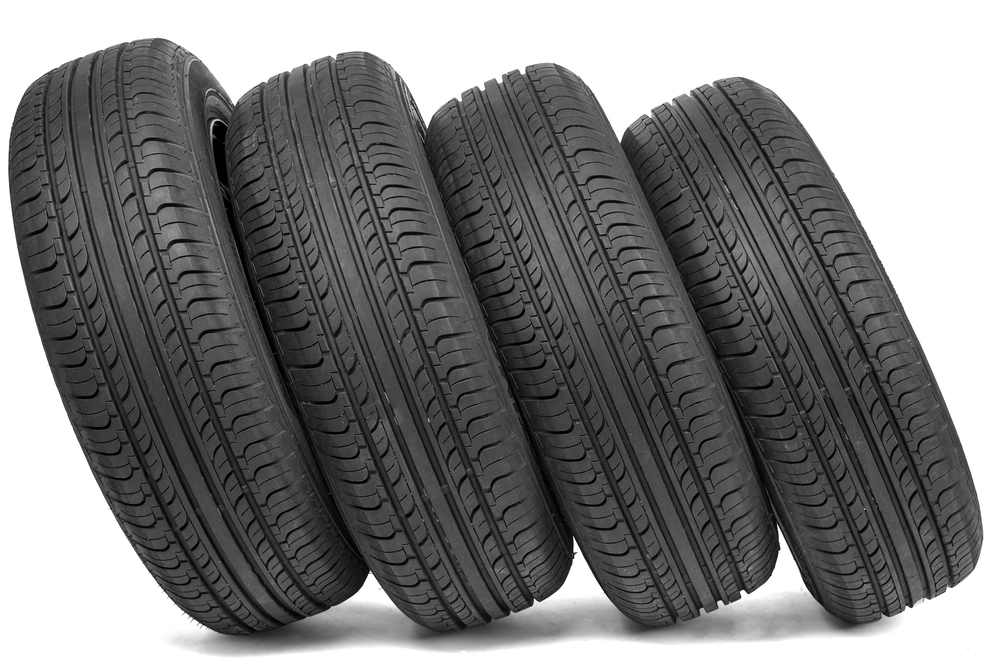Key Insights into Michelin Tire Costs You Should Know
Michelin tires are renowned for their quality and performance, but understanding their cost structure can be complex. This article delves into the various factors that influence Michelin tire prices, common models, and strategies to maximize value when purchasing these premium tires.

What factors affect Michelin tire price points?
Several elements contribute to the pricing of Michelin tires. The tire size is a primary factor, with larger tires generally costing more due to increased material usage and manufacturing complexity. The tire’s purpose also plays a significant role; specialized tires for high-performance vehicles or off-road use tend to be pricier than standard passenger car tires.
Technological features incorporated into the tire design, such as run-flat capabilities or noise-reducing technologies, can increase the cost. Additionally, the tire’s longevity and treadwear rating influence pricing, as tires designed for extended mileage often command higher prices due to their durability.
What are the typical Michelin tire price ranges?
Michelin offers a wide range of tires to suit various vehicles and driving needs, resulting in a broad spectrum of price points. Entry-level Michelin tires for compact cars typically start around $70 to $100 per tire. Mid-range options for sedans and small SUVs generally fall between $100 and $200 per tire.
High-performance tires and those designed for luxury vehicles or large SUVs can range from $200 to $500 or more per tire. Specialized tires, such as those for commercial vehicles or extreme off-road use, may exceed $500 per tire.
How do common Michelin tire models compare in price?
Michelin’s tire lineup includes various models catering to different vehicle types and driving conditions. Here’s a comparison of some popular Michelin tire models and their approximate price ranges:
| Tire Model | Vehicle Type | Price Range (per tire) |
|---|---|---|
| Defender T+H | Passenger Car | $120 - $180 |
| Pilot Sport 4S | Performance Car | $200 - $400 |
| Premier A/S | Luxury Sedan | $150 - $250 |
| LTX A/T2 | Light Truck/SUV | $180 - $300 |
| X-Ice Xi3 | Winter Tire | $130 - $220 |
Prices, rates, or cost estimates mentioned in this article are based on the latest available information but may change over time. Independent research is advised before making financial decisions.
What strategies can maximize value when purchasing Michelin tires?
To get the most value from your Michelin tire purchase, consider several strategies. First, timing your purchase can lead to significant savings. Many retailers offer seasonal promotions, particularly during the change of seasons or major holidays. These sales events can provide discounts or rebates on Michelin tires.
Comparing prices across multiple retailers, both online and in physical stores, can help you find the best deal. Some tire shops may offer price-matching policies, allowing you to leverage competitive pricing. Additionally, purchasing a full set of four tires often comes with package discounts or additional services like free mounting and balancing.
Consider the long-term value of the tires as well. While Michelin tires may have a higher upfront cost, their durability and performance characteristics can lead to lower overall costs over time due to extended tread life and potentially improved fuel efficiency.
How does Michelin’s warranty affect the overall value proposition?
Michelin’s warranty offerings contribute significantly to the value of their tires. The company typically provides a standard limited warranty that covers defects in workmanship and materials. More importantly, many Michelin tires come with a treadwear warranty, which guarantees a certain number of miles before the tire wears out.
For example, the Michelin Defender T+H comes with an 80,000-mile treadwear warranty for T-rated sizes. This warranty can provide peace of mind and potentially offset the higher initial cost if the tires need to be replaced prematurely. When considering the cost of Michelin tires, factor in the value of these warranty offerings as part of the overall investment.
Understanding Michelin tire costs involves considering various factors, from initial pricing to long-term value. By researching different models, comparing prices, and taking advantage of promotions and warranties, consumers can make informed decisions that balance performance needs with budget considerations. Remember that while Michelin tires may have a higher upfront cost, their reputation for quality and longevity often translates to a strong value proposition for many drivers.




